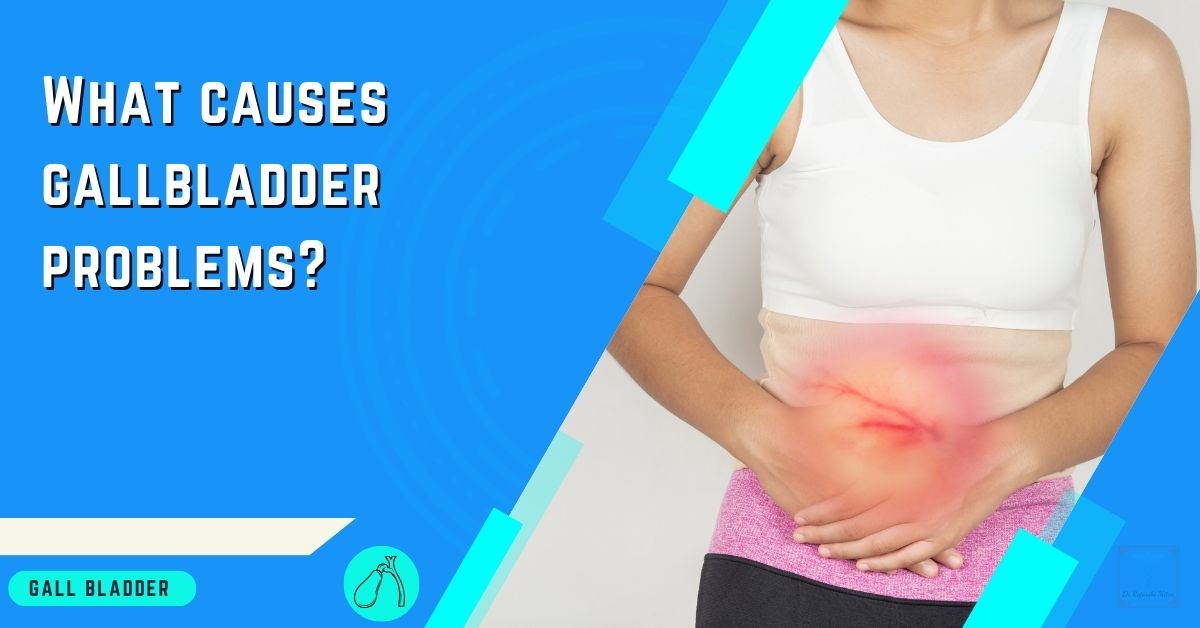Gallbladder removal, known as cholecystectomy, is a common treatment for gallstones and other gallbladder diseases. As your surgeon, I want to walk you through the effects and changes that can occur post-surgery. I will explain the impact on digestion, bile flow, and lifestyle changes needed after losing this organ. Understanding what to expect can help you manage any symptoms and adjust to life without a gallbladder. After gallbladder removal, your body will adapt to digest fats differently, as the bile produced by the liver will flow directly into the small intestine rather than being stored in the gallbladder. This may lead to symptoms such as diarrhea or bloating, especially when consuming fatty foods. It is also important to consider the relationship between gallbladder surgery and kidney health, as some studies suggest that the removal of the gallbladder may have an impact on kidney function over time, highlighting the need for regular monitoring and a balanced diet post-surgery.
When the gallbladder is removed, bile flows directly from the liver into the small intestine rather than being stored in the gallbladder. The body then continues to function without any major complications. The removal of the gallbladder, known medically as a cholecystectomy, is a common procedure. While the gallbladder serves as a storage facility for bile, it’s not a vital organ. Your body is capable of adapting to its absence.
Changes After Gallbladder Removal Surgery:
1. Digestive Changes
Without a gallbladder to store and release bile, it now flows directly into the small intestine. This can lead to more frequent, loose stools and diarrhea after eating foods high in fat. Symptoms typically improve over time as the body adapts.
2. Risk of Post-Cholecystectomy Syndrome
Up to 40% of patients report persistent pain, diarrhea, indigestion, and other symptoms after surgery known as “post-cholecystectomy syndrome.” However, the underlying cause is often unclear.
3. Potential for Bile Duct Injuries
Gallbladder surgery carries a small risk of bile duct injury which can cause bile leaks, jaundice, and serious complications if not promptly repaired.
4. Increased Risk of Gallstones in Bile Duct
Around 5-10% of people develop bile duct stones after gallbladder removal, requiring additional procedures like ERCP surgery.
5. Need to Modify Diet
A low-fat diet helps manage diarrhea and indigestion. Smaller, frequent meals can help regulate bile flow. Avoiding fried, greasy foods, meats, eggs, and some dairy may help.
6. Weight Gain
Losing the gallbladder can make it harder to digest and eliminate fat, potentially leading to weight gain. Maintaining a healthy diet and exercise routine is important.
Summary of Key Points:
– Diarrhea, especially after fatty meals, is common initially
– Up to 40% develop post-cholecystectomy syndrome with persistent symptoms
– Bile duct injury is a risk, though low, complication
– Higher risk of bile duct stones requiring surgery
– Dietary changes help manage symptoms
– Weight gain is more likely without the gallbladder
I hope this helps set proper expectations for life after gallbladder removal surgery.
I am available to help you manage any symptoms that arise during your adjustment period.
Please reach out with any other questions.



















